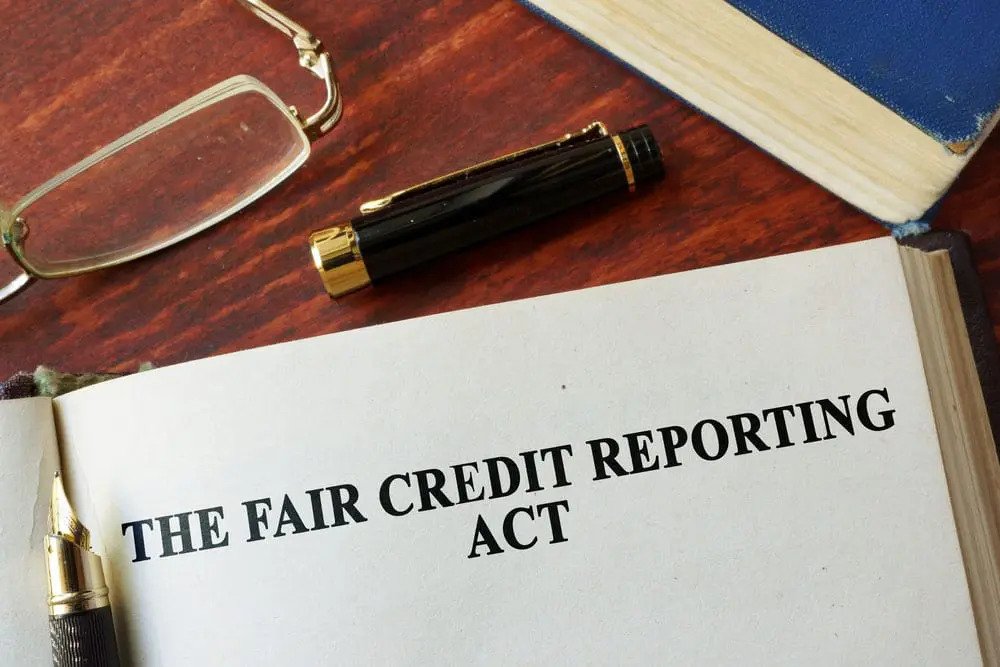
The Fair Credit Reporting Act (FCRA), a federal law, ensures that the consumer credit agencies report accurate and fair information. The legislation governs how the credit reporting organizations obtain, handle, and distribute your information aiming to safeguard your interests. The FCRA specifies who is allowed to request for credit report and how to obtain it. There are numerous privacy rights set in FCRA that protect the consumers by limiting the utilization and access of their report information. Here is the rundown of major consumer rights under FCRA
- Right to be Informed if any Report has been used against you.
- Right to Know the Content of Credit Report.
- Anyone has taken unfavorable action against you because of information in your credit report
- You have been the victim of identity theft and have placed a fraud alert in your file
- Your file contains incorrect data as an outcome of fraud
- You are on public assistance, and
- You are unemployed but plan to apply for work within 60 days
- Right to get your Credit Score.
- Right to Dispute Errors in your Report.
- Right to get the inaccuracies removed or corrected.
- Right to Exclude Outdated Negative Information.
- Right to Limit Access to your Information
- Right to Mandate your Employer to have your Consent to Access your Consumer Report.
- Right to Sue Violator for Damages.
As per FCRA, it is your right to be notified if any information from your credit file is used to deny your credit, employment, or insurance application. Anyone who takes any other unfavorable action against you on the basis of your credit information must provide you with the name, address, and phone number of the entity that provided them with the information.
You can request disclosure of all the information on yourself that is contained in consumer reporting agency’s file. To furnish this request, you will be required to provide identification which could be your Social Security Number.
You can get entitled to free disclosure to the information if,
Furthermore, all the customers are subject to one free report every 12 months upon request from credit bureau or reporting agencies.
You can get your credit score; a quantitative assessment of your creditworthiness; from the firms that develop or distribute credit scores. The credit score is usually purchased however, in some cases, for instance, loan transaction, the loan lender may provide you with your credit score for free.
In case there is any information which is missing or erroneous, you have right to challenge that information. If you find any incomplete or inaccurate information, you can report it to the reporting agency and they must investigate the matter unless your disagreement in unreasonable.
In case you find any false, missing or unprovable information and you report it to the consumer agency, they must erase or amend the inaccuracies within 30 days. The consumer reporting agency can continue to report the material if they have verified it to be factual.
The consumer credit agency cannot utilize negative information that is older than seven years and bankruptcies that are older than ten years in your credit report.
Under FCRA, you can limit the access to your credit information. The credit reporting agency can only share your information with those who have legitimate reason for its access such as creditor, insurer, employer, or other businesses.
To examine any of your consumer reports, such as a credit report, background check, or any pre-employment screening, any actual or prospective employer must have your written approval. The transportation business is the only exception.
If a consumer reporting agency or, in some situations, the individual who used the consumer reporting agency breaches the FCRA, you have the right to sue them. This is an overview of your rights under the FCRA which ensure that information in consumer reporting agency files is accurate, fair, and private. You must study the laws of your state as they may provide even more protection to consumer information. .




